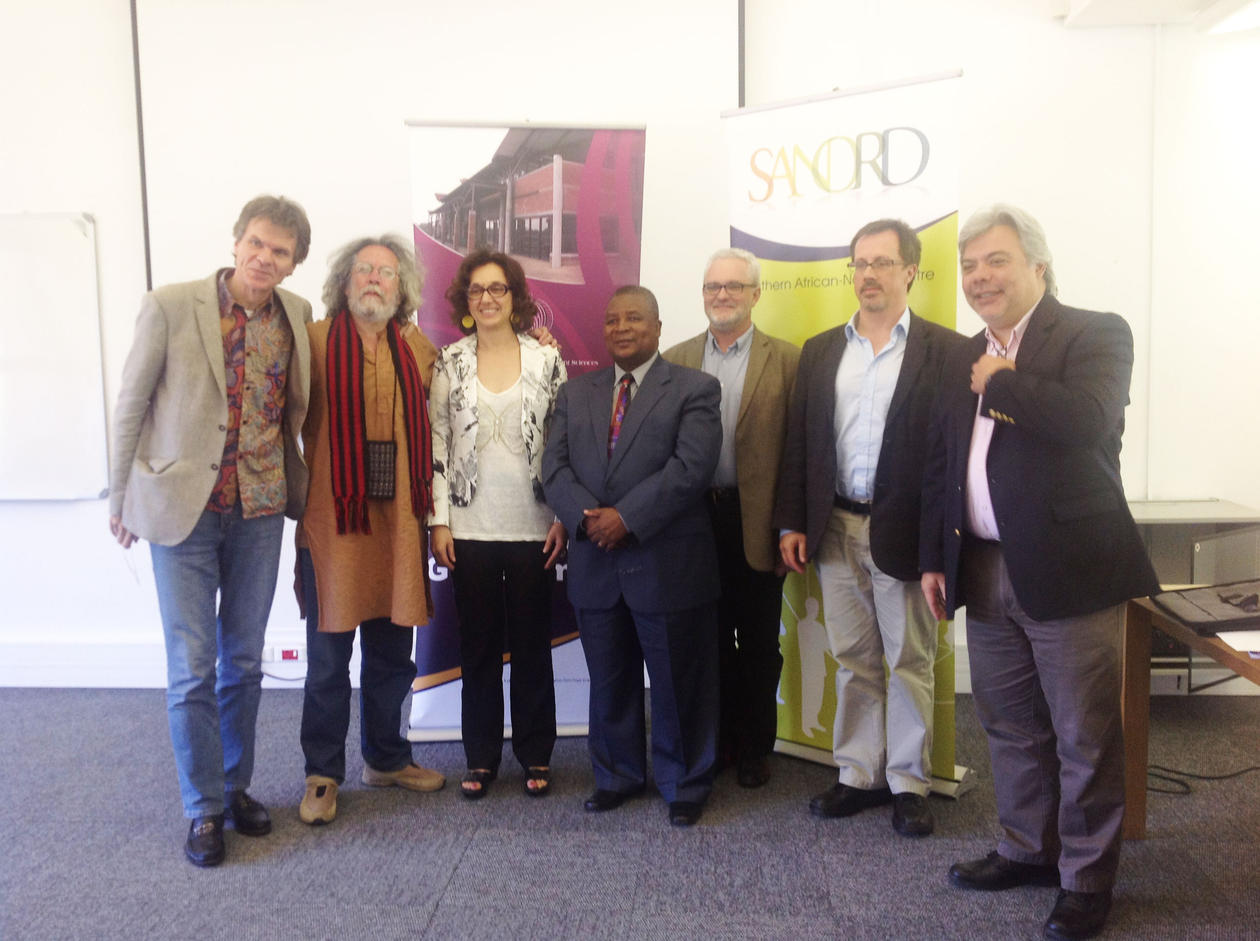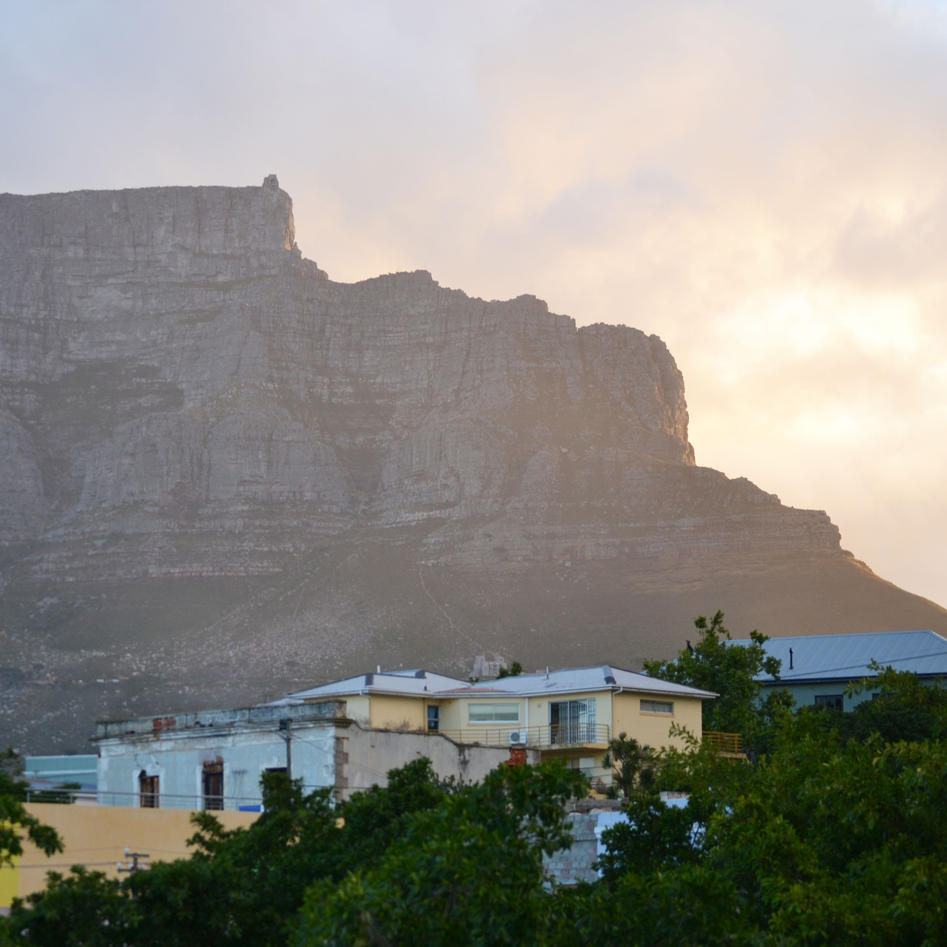Discussions on the Rising Poverty in Middle Income Countries
Poverty research has long concentrated on Low Income Countries. At a recent workshop in Cape Town researchers took the initiative to change the focus.
Hovedinnhold
In November 2012, CROP, with support from both the University of Bergen (UiB) and Southern African/Nordic Centre (SANORD), organized together with the University of the Western Cape (UWC) its second major event of the year on the topic ‘Poverty and Politics in Middle Income Countries’ in Cape Town, South Africa.
A meeting of disciplines and nationalities
Dr. Chesepo Mphaisha, opened the workshop, which was a unique opportunity to discuss the theme from various university disciplines and generate critical and alternative knowledge on this increasingly important topic.
The workshop was regionally well represented, with scholars from Mexico, Tunisia, India, Nigeria, Thailand, Argentina, Denmark, South Africa, Zimbabwe, England and Norway.
A wide range of issues
The objective of the workshop was to enhance critical views of poverty politics in Middle Income Countries (MICs). The call for papers addressed questions raised within the topics of social development, public policies and politics, as well as politically vulnerable welfare states.
The workshop also enquired whether poverty reduction in MICs was distinctive, through papers presented in the following thematic clusters: Measurement and Policy, Redistribution and Inclusion, Gender and Children, Discourse and Democratization, Human Rights, plus Growth and Inequality.
Shifting the focus
The traditional thought, strategy, and action on poverty has been mainly concentrated in the circumstances and realities of the LICs. The overriding question that naturally arose at the workshop is how this new reality of a growing poor population in the MICs is inducing us into (re)thinking anti-poverty strategies and policies.
There is an increased awareness among scholars, that more knowledge seeking out the characteristics, causes and future impacts of the nature of poverty increase in the MICs is needed. In response to this CROP will bring together contributions from the workshop into a book publication to be edited by Julian May, Einar Braathen and Gemma Wright in the International Series of Poverty Studies by CROP and Zed Books (London).
A further step has been taken by CROP with the formation of a Working Group tasked with generating more knowledge through workshops and seminars, with publications in international journals and books as outputs. CROP has committed to supporting the efforts and activities of the Working Group, whose aim is to focus on and produce academic research into this important topic.
A public seminar on poverty
The workshop was preceded by a public seminar held on 21st November on the theme ‘The Politics of Poverty and Research and Poverty Reduction’, organized by UWC and Poverty, Land and Agrarian Studies (PLAAS), with participation by CROP staff and special invited participants from the CROP workshop.
Dr. Chesepo Mphaisha, the Director of the School of Government, formally opened the event, which was chaired by Julian May, the Director of the Institute for Social Development.
Invited panelists were Chifa Tekaya who until recently was the coordinator of UNESCO Programme on Poverty and Human Rights, Andries du Toit, the Director Institute for (PLAAS), Einar Braathen, a Senior Researcher at the Norwegian Institute of Urban and Regional Research (NIBR) and Camilo Pérez-Bustillo, Research Professor of the Graduate Programme in Human Rights and the Faculty of Law, Autonomous University of Mexico City (UACM).


